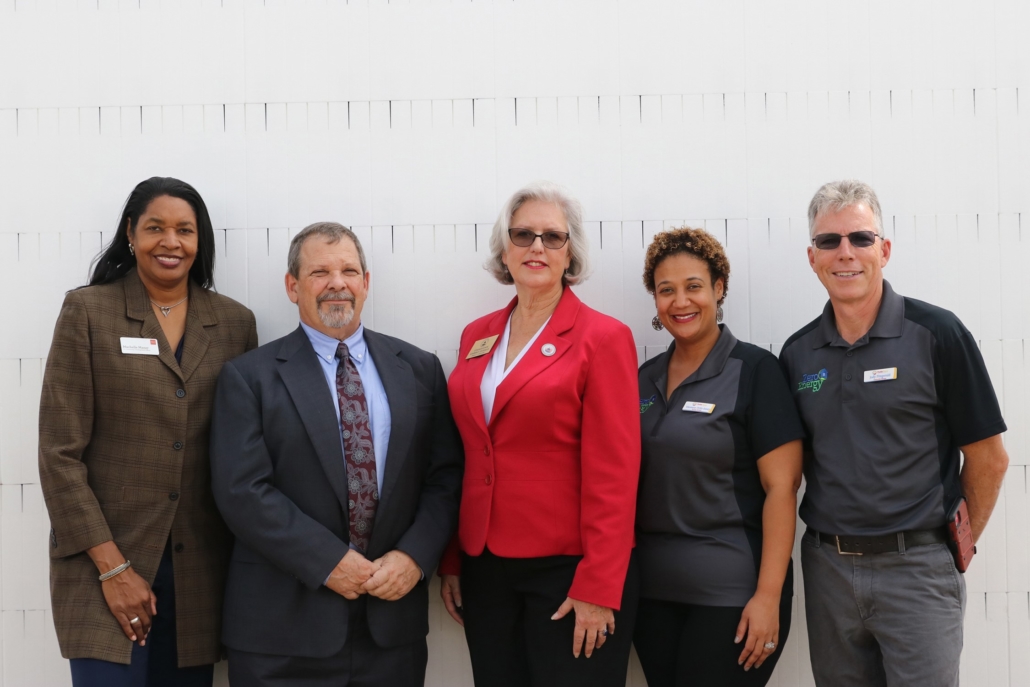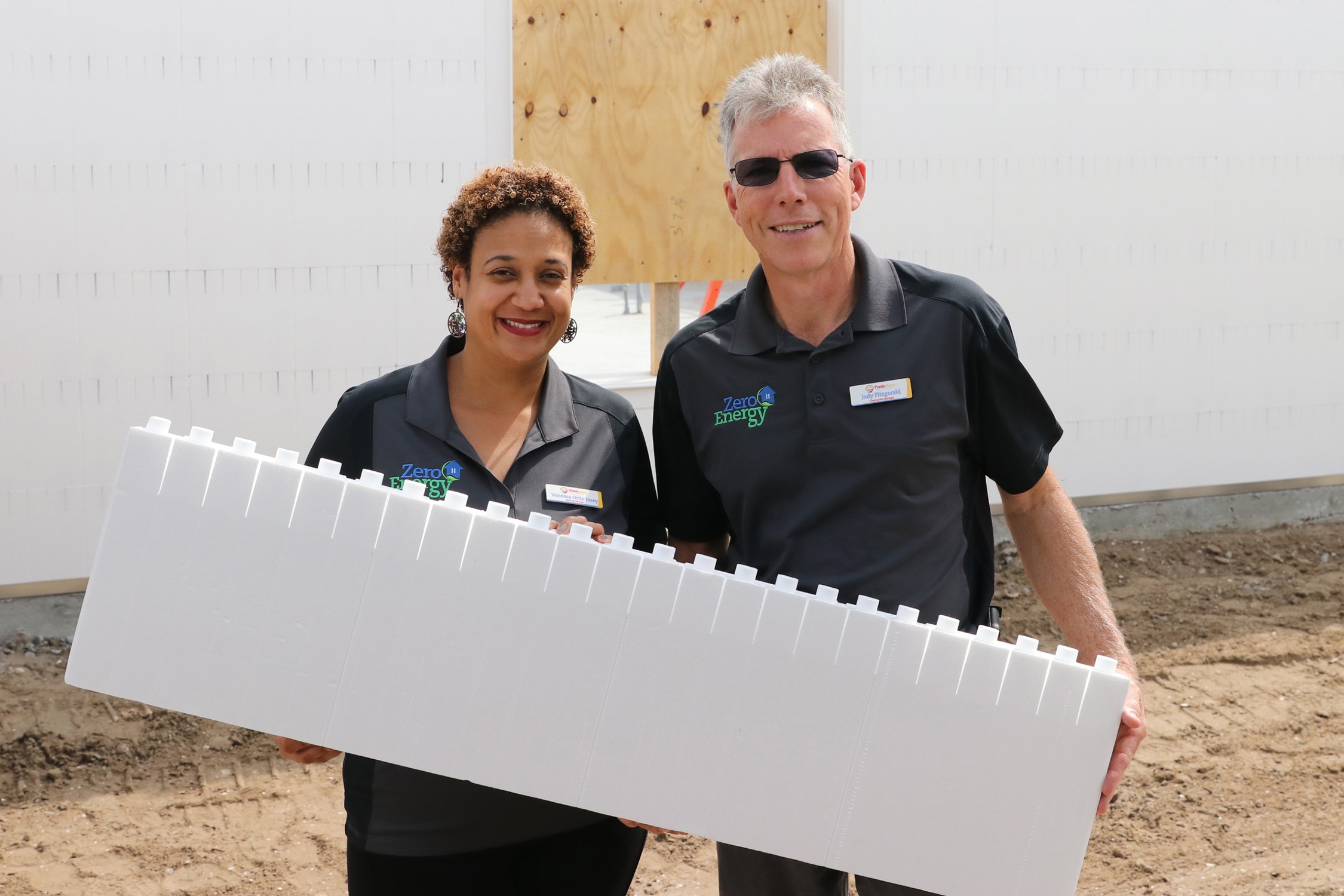Impact
Rory Doyle/ There Is More Work To Be Done
On February 25, 2020 Florida Home Partnership hosted an event to celebrate the newest phase of Bayou Pass. This event was special as it celebrated more than the start of FHP’s newest homeownership units. These new homes were being built to have a Net Zero Energy rating. A net-zero building is a building produces as much electricity as it consumes over the course of the year.
The impacts of climate change are being felt across our country, and especially in Florida. Scientists predict that over the next few decades Florida will experience more intense hurricanes, higher storm surge associated with sea level rise, and by 2086 Florida may see as many as 90 days per year over 95degrees.
Carbon emissions are one of many contributing factors to climate change, and housing In the U.S. accounts for almost 34% of all U.S. carbon emissions. Over the last few decades, green technologies have helped reduce the carbon emissions of homes, but those technologies often come with high cost. In most cases, these products and technologies are out of reach for low-income homeowners.

Mike Morina, Executive Director of Florida Home Partnership, was determined to see these technologies and products become available for the families he serves. Several years ago, the organization began including green technologies like spray foam insulation and insulated concrete forms (ICF) into their self-help homeownership units. “We didn’t ask for permission or for extra money,” Mike shared “we just did it.” These materials greatly improve energy efficiency and reduce a home’s energy consumption and made the homes Zero Net Energy Ready. According to the U.S. Department of Energy, a Zero Net Energy Ready home “is so energy efficient, that a renewable energy system can offset all or most of its annual energy consumption.”
Like in many rural communities, housing affordability is a challenge in Hillsborough County, especially when it comes to homeownership. Mike and his team have seen housing prices rise as more developers are building larger, more expensive homes. Thanks to investment’s from HAC’s Loan Fund and support from Hillsborough County and the state of Florida, low-income homeowners are able to purchase four bedroom 2 bath homes with monthly payments between $700 and $900 a month. “Everybody says the gap is getting wider,” shared Mike “but we’re, really because of your help, able to bridge that Gap and really provide affordable housing for people that really need it and there’s just nobody else doing that right now.”
HAC has been just instrumental to us doing what we do. We just couldn’t do it without your help.
Mike Morina, FHP Executive Director
Mike and his team didn’t want to just stop at a Zero Net Energy Ready rating for the latest phase of Bayou Pass. By adding solar panels and metal roofs these homes could achieve the Zero Net Energy rating. Unlike traditional tar and shingle roofs, metal roofs have a 30-year lifespan and lower maintenance costs, saving low-income homeowners thousands of dollars over the course of their mortgage. Metal roofs are also more secure against hurricanes and severe weather, an important consideration for coastal Florida communities.

With their focus on Housing Affordability, the team at Wells Fargo was ready to step in and help and provided a $150,000 grant to support the additional costs for the 7 new homes. “The cost of keeping a roof over a family’s head is a growing crisis in communities across the country. Now more than ever, support of housing affordability is critical. These homes include features that will result in lower electric and home insurance bills creating less financial strain for the homeowners. Wells Fargo’s goal is to reduce the cost burden of housing, and get more people into safe, stable and affordable homes. We are proud to partner with organizations that share that goal,” said Machelle Maner, Wells Fargo Vice President, Community Development Officer.
Mike highlights that none of this would be possible without the help of partners, like HAC. “HAC has been just instrumental to us doing what we do,” he shared “we just couldn’t do it without your help.”

 HAC News: June 25, 2020
HAC News: June 25, 2020